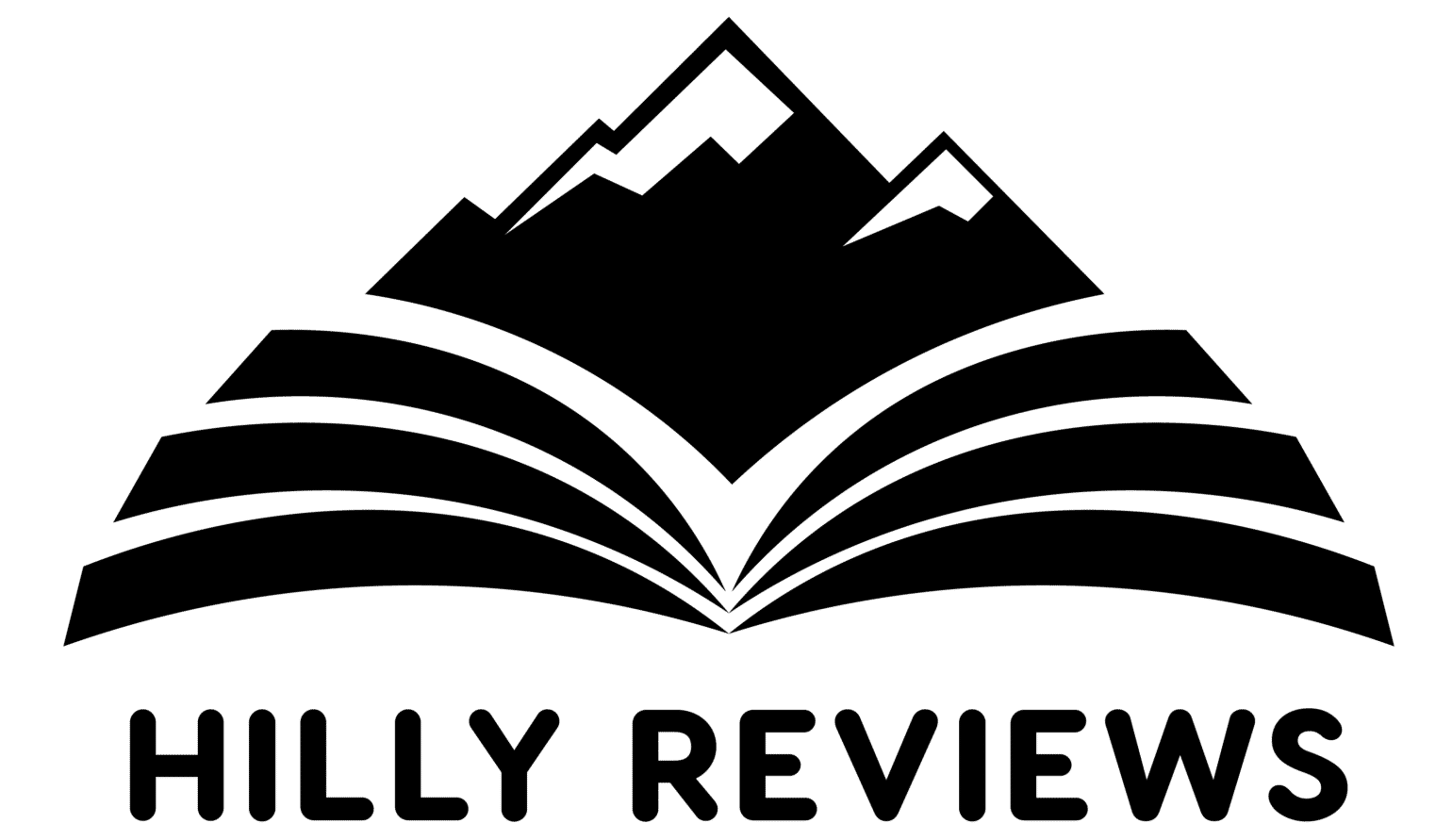Title: Document — 9/23/2024
Author: Vishal Sharma
Highly confident: Human GeneratedClassification:
Probability:
Plagiarism:
Contents

Introduction
In today’s world of ever-increasing information and content overload, time is becoming a scarce commodity day by day. Therefore, it’s no longer a question of an individual’s pursuit to improve productivity for increasing daily efficiencies but an imperative to incorporate certain simple habits that create a sustainable productivity-centric lifestyle that nurtures individual aspirations.
What is needed is a complete restructuring of our approach towards productivity by balancing deep-focussed work with quality leisure time, aligning our individual passions with workplace efficiency.
One can expect a perceptible productivity improvement by integrating small, impactful habits into their daily routines.
Part 1: The Philosophy of Productivity
Boost your day with Ikigai: Elevating productivity through mindfulness.

The Japanese philosophy of Ikigai – which translates to ‘reason for being’, combines passion, mission, vocation and profession as essential elements for a meaningful life.
Starting each day with a positive mindset and aligning our daily activities with our passions and talents may lead to significant work productivity improvement. Mindfulness in daily life is a powerful productivity concept, and our daily mindful actions like nourishing breakfast, appreciating life’s joys and smaller achievements, regular physical activity and setting defined goals go a long way to improving productivity at work.
Find Joy and Increase Productivity in Daily Life by mastering Work-Leisure Harmony.
As we have seen, the concept of Ikigai focuses on a positive mindset and a set of activities that spark joy, promote well-being, mindfulness, and an active lifestyle, as well as maintain social ties with the community.
Furthermore, in ‘Deep Work’, Cal Newport emphasises the importance of ‘downtime’ through relaxation and activities that help recharge the brain and prepare us for engaging in ‘Deep Work’.

Thus, our lifestyle should harmoniously integrate these ideas into our daily existence for a happy, fulfilling and productive routine.
Part 2: Practical Habits for Everyday Productivity

New Habits For Improving Productivity.
Small changes in our daily habits can produce drastic results over time by compounding desirable behaviours. However, understanding our current levels is crucial to appreciate any prospective gains in our productivity levels.
We can utilise various methods in assessing our current productivity levels like:-
- Using time-tracking devices to objectively measure the time taken or devoted to a particular task.
- Using and tracking our to-do lists.
- Using reflective journaling to review our progress.
- Goal-setting and reviewing – this may also be incorporated into reflective journaling
- Seeking feedback from friends, family and co-workers.
The techniques mentioned above lay the groundwork for enhancing productivity in our personal and professional lives by assessing our current productivity levels and then by incorporating small changes to our daily habits, improving these levels over time.
Master Time Management with GTD for enhanced productivity.
David Allen’s Seminal work – ‘Getting Things Done’, is one of the most influential works dedicated to the pursuit of the factors that increase productivity. It prescribes an external system that helps declutter our mental environment and systematically takes care of our tasks and commitments.
Simple methods like capturing all actionable thoughts and ideas that occupy our mental space with simple to-do lists and organising them into smaller actionable tasks boost productivity. Such task organisation frees up our mental space to focus on other important tasks, such as developing ideas and creativity.
Such an external system takes care of all our tasks in their order of priority, which is determined by us. This disciplined approach helps us efficiently utilise and manage our time, ensuring clear goals with commitment to tasks related to each goal. This methodology helps create a stress-free environment conducive to high workplace efficiency and improved productivity.
Part 3: Deep Work and Mindful Productivity

‘Deep Work’ is the key to unlocking workplace productivity.
‘Deep Work’ is the ability to focus intensely on cognitively demanding tasks that require complete attention. In order to achieve peak workplace productivity, it is essential to create workplace environments by minimising distractions and focussing on tasks worthy of ‘Deep Work’ by prioritising them.
Therefore, to increase workplace efficiency, developing a habit of deep work by reducing shallow work activities that don’t require significant attention and minimising or eliminating social media interaction is essential.
Crafting Productivity Enhancing Environments.
In numerous studies, it has been found that willpower is a finite resource. Therefore, it is essential to design our environments in such a way that does not rely on our willpower. It is far easier to create a disciplined environment by making good habits obvious in the environment, as espoused by James Clear in ‘Atomic Habits’; for example, it is much easier to read in a library than in a loud cafe.

Furthermore, by eliminating distractions from our productivity-enhancing environment, we gear it towards allowing us to perform ‘Deep Work’.

Part 4: Leveraging Technology for Productivity
Tech-driven tools for new-age productivity

In modern businesses’ ever-dynamic and technology-driven landscape, most businesses are moving beyond traditional employee productivity formulas by combining technologies with proven productivity methodologies.
In order to improve productivity in business, most organisations are increasingly relying upon the following tools:-
- Task Management Systems: They provide an effective way of ‘getting things done’ by moving tasks out of our minds into a structured system for easy processing. Various digital to-do lists like Todoist, Things 3, Google Tasks, Microsoft to-do, etc, all provide similar functionalities.
- Focus-related Productivity apps: Various apps provide Pomodoro timers for recording focused deep work sessions, and device capabilities like the iPhone’s focus mode help create a distraction-free environment.
- Specific Productivity-related tools: Collaborative tools like Microsoft Teams offer a digital space that integrates communication with task management.
- Note-taking Apps: Solutions like Evernote, Google Keep, Apple Notes, Obsidian, etc, provide information storage space for managing our personal knowledge. They provide easy storage and retrieval capabilities.
Conclusion:
This discussion has tried to show that enhancing productivity goes much beyond simply improving our efficiency in tasks or picking up a productivity app promising to be a panacea to all our productivity problems. It requires completely restructuring our lifestyle, where most of our tasks align with our overall life goals.
This mindset shift aligns our work productivity with our passions, thus allowing us to discover joy in our everyday routines. This helps us create a culture where productivity improvement is measured not just on a superficial level, like completing tasks on our to-do list, but instead by the depth and joy of our daily experiences, which brings us closer to our ‘reason for being’.

Bibliography and Further Reading:
- Allen, David. Getting Things Done: The Art of Stress-Free Productivity. Penguin, 2015.
- Clear, James. Atomic Habits. Lifestyle Publishing, 2019.
- García, Héctor, and Francesc Miralles. Ikigai: The Japanese Secret to a Long and Happy Life. Penguin, 2017.
- Newport, Cal. Deep Work: Rules for Focused Success in a Distracted World. Hachette UK, 2016.




Loved the bit about crafting productivity enhancing environments. Any tips on how to get started with small changes? Budget’s a bit tight right now.
anyone else struggling with finding enough time for the deep work sessions? between meetings and calls, it’s impossible.
read through the tech tools part, but where’s the quick fix? Everything seems to be about long term changes. got anything that works fast?
This article is a goldmine for productivity enthusiasts like me. Implementing these habits step by step. Thanks for the insights, Vishal.
The part about work-leisure harmony sounds cool but how d’you actually balance it without ending up binge-watching series instead of working? lol
All these productivity methods sound great on paper, but in real life? Just ends up more stuff to track. Does this actually work for anyone?
Definitely works, Devanshi_J! It’s all about finding what specifically works for you. You might not need every method, just the ones that fit your workflow.
tried GTD and deep work, ended up more stressed than productive, not everything works for everyone i guess
that deep work part was something, need to cut down notifications lol, always interrupting my flow, anyone got tips for minimizing distractions?
Interesting take on ikigai and productivity. Always thought of it more as a life purpose thing rather than daily productivity. Curious to see how it applies on a daily basis.
nice article man, never knew tech could actually make us more productive instead of just wasting time. gotta try some tools mentioned here, thanks.
Hey Vishal, was reading about GTD and how it’s supposed to help with time management. How do you actually start with it though? Seems a bit complex at the start.
AravChauhan, starting GTD can feel overwhelming, but the key is categorizing tasks as they come. Keep everything captured and then process what it means and where it goes. Hope this simplifies it for you!